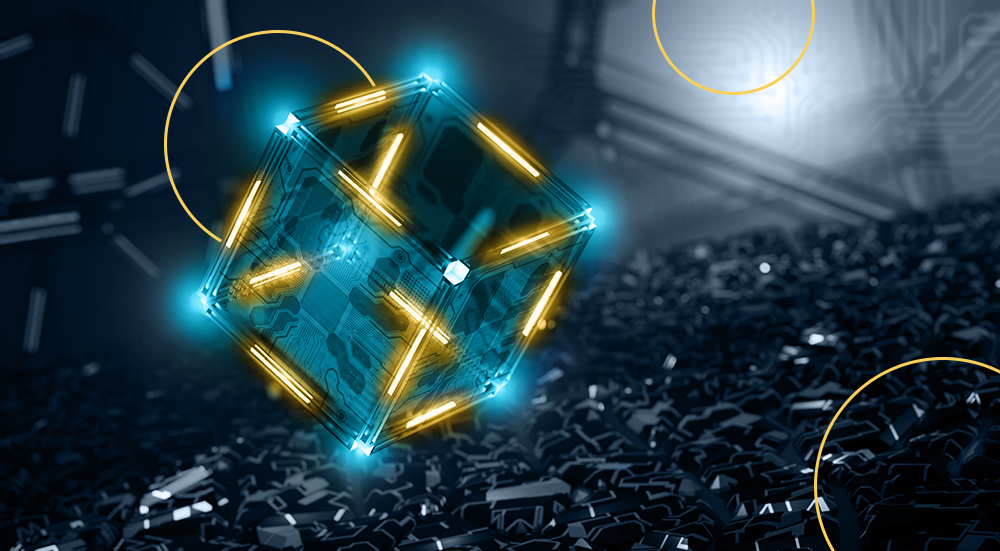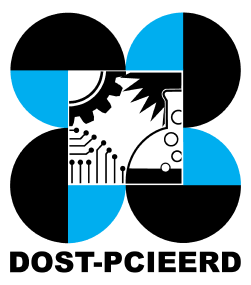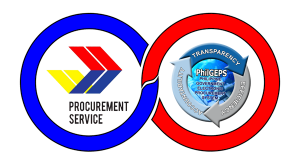In the ever-evolving digital age, technology doesn’t halt progressing. As time passes by, more and more technological advancements come into play, and one of these emerging advancements is quantum computing. Beyond the conventional computing of binary coding, imagine computers that can harness more computing power that goes beyond any technology that exists today. As businesses navigate the complexities of a digital era, understanding the fundamentals of quantum computing becomes paramount. In this article, we will delve into the basics of quantum computing and how it can transform the way humans and technology work.

ELI5L: Quantum Computing
If you come across this article out of pure curiosity and with zero-to-none knowledge about computers, or computing in general, here’s an ‘explain like I’m 5’ or a more simpler way of explaining what Quantum Computing can do:
Imagine you have a super special computer, unlike any you’ve seen before. Regular computers, like the one you might use to play games, watch videos, or day-to-day office work, use tiny pieces of information called “bits.” Bits can be either a 0 or a 1, like flipping a light switch on or off.
Now, this super special computer uses something called “quantum bits” or “qubits.” Qubits are like magical light switches that can be on, off, or both at the same time. It’s a bit like having a magical flashlight that can shine in two places at once.
Since these qubits can do two things at once, our special computer can solve problems much faster than regular computers. It’s like doing two puzzles at the same time while everyone else can only do one.
But here’s the mind-boggling part, when we look at our magical flashlight (measuring the qubit), it decides to be either on or off. It’s like the light showing us the answer to our puzzle. So, our special computer can do lots of things at once, and when we need an answer, it gives us one really quickly.
The Conventional Computing: Binary Code
At its most fundamental level, binary code consists of bits, the smallest units of data in computing. A bit can exist in one of two states: 0 or 1. At its core, classical computers, the ones we use in our day-to-day activities, allow computers to process information in binary code.
These binary digits, or bits, are the building blocks of all data and instructions that a computer processes. When combined in sequences, they form binary code. Each digit in a binary sequence is called a binary digit, or bit for short.
Quantum computing, however, introduces a new unit of information called a qubit.
Understanding Quantum Computing
Quantum computing represents a revolutionary approach to computation that utilizes the principles of quantum mechanics, a branch of physics that explores the behavior of matter and energy at the smallest scales.
What is a Qubit?
A qubit, short for quantum bit, possesses a unique property known as superposition. Unlike classical bits that can be either 0 or 1, qubits can exist in multiple states simultaneously.
This enables quantum computers to perform complex calculations and process vast amounts of information in parallel, making them potentially exponentially more powerful than classical or binary coded computers for certain tasks.
Additionally, quantum computers leverage entanglement, another quantum phenomenon. When qubits become entangled, the state of one qubit becomes directly connected to the state of another, regardless of the physical distance between them. This interconnectedness allows quantum computers to solve problems in mind-breaking ways and speeds compared to conventional computing.
Superposition in Quantum Computing
In quantum computing, the superposition principle serves as a fundamental departure from the binary constraints of classical bits.
Unlike classical bits, which are bound to exist in a defined state, qubits revel in a realm of uncertainty, exploring a multitude of potential outcomes simultaneously. Which means quantum computers can process vast amounts of information in parallel, a feat impossible for previous computing counterparts.
Quantum Gates and Algorithm
Quantum gates play a significant role in making quantum computers tick. These gates are not physical structures but rather abstract mathematical operations that manipulate the quantum states of qubits, the basic units of quantum information.
In the concept of quantum mechanics, operations are performed using quantum gates to achieve specific transformations on qubits. There are two primary categories of quantum gates: single-qubit gates and two-qubit gates.
Single-qubit Gates
Single-qubit gates operate on individual qubits, adjusting their quantum states. These gates can introduce rotations or flips in the quantum state of a single qubit, essentially fine-tuning its properties. They play a crucial role in preparing and manipulating the information stored in individual qubits.
Two-qubit Gates
On the other hand, two-qubit gates operate on pairs of qubits, and their significance lies in creating entanglement between the qubits. Entanglement is a unique quantum phenomenon where the states of entangled qubits become interconnected, meaning the state of one qubit is directly related to the state of the other, irrespective of their physical separation.
Applications and Impact of Quantum Computing
Quantum computing, with its unique and powerful capabilities, holds the potential to revolutionize various industries and solve complex problems that are beyond the reach of classical computers. Without further ado, here’s an exploration of the applications and impact of quantum computing.
- Machine Learning and AI
Quantum computing has the potential to enhance machine learning algorithms, enabling faster training of models and more sophisticated data analysis. Quantum machine learning algorithms may outperform classical counterparts in specific applications.
- Supply Chain and Logistics
Optimizing supply chain logistics involves solving complex optimization problems. Quantum computing can efficiently process multiple variables, leading to better route planning, inventory management, and overall supply chain efficiency.
- Traffic Optimization
Managing traffic flow in urban areas is a complex optimization problem. Quantum computing can analyze real-time data to optimize traffic light timings, reducing congestion and improving overall transportation efficiency.
- Climate Modeling
Simulating climate systems and predicting environmental changes require immense computational power. Quantum computers can contribute to more accurate climate models, helping researchers understand complex interactions and devise strategies for mitigating climate change.
- Drug Discovery and Material Science
Simulating molecular structures and interactions is computationally intensive. Quantum computers can model complex molecular systems, accelerating drug discovery processes and revolutionizing material science by predicting the properties of new materials.
- Healthcare & Biotechnology
Genomic Research
Quantum computing stands poised to revolutionize genomic research by dramatically expediting the analysis of complex genetic information. The intricacies of the human genome, with its vast array of genes and their interactions, pose a formidable computational challenge.
Quantum computers can accelerate the decoding of genomes. This not only enhances our understanding of genetic predispositions to diseases but also lays the groundwork for the realization of personalized medicine, where treatments are tailored to an individual’s unique genetic makeup.
Drug Discovery
One of the most time-consuming aspects of drug discovery is the simulation of molecular interactions, a task that demands substantial computational resources. Quantum computers offer a game-changing solution by simulating these interactions with unparalleled precision.
This precision expedites the drug discovery process, potentially leading to the identification of novel therapeutic compounds at a pace previously deemed unattainable.
Challenges of Quantum Computing
Quantum computing is still in the early development stage, and encountering challenges is reasonable given the revolutionary nature of this technology.
- Hardware Challenges
In the realm of quantum computing, the development of robust and efficient hardware stands as a formidable challenge. Building and maintaining stable quantum hardware, including superconducting qubits and trapped ions, demands a level of technical and engineering precision that stretches the limits of our current capabilities.
- Quantum Software Development
Unlike classical computing, where programmers navigate the well-established landscape of bits, developing algorithms and software for quantum computers demands a paradigm shift. Quantum software development is a complex endeavor that necessitates a profound understanding of quantum mechanics, a field that delves into the intricate behavior of particles at the quantum level.
- Interacting with Conventional Computers
Navigating the intersection of quantum and classical systems presents a non-trivial challenge in the quest for practical quantum computing applications. The present issues involve bridging the gap between input, output, and communication. Converting classical data into a format compatible with quantum systems and vice versa proves to be a complex task, demanding sophisticated methodologies.
Conclusion
Quantum computing is a promising technology that can change lives and technology landscapes in profound ways. The journey into the realm of quantum computing is both promising and marked by significant challenges. Quantum computing has the potential to redefine computation, offering unprecedented speeds for solving intricate problems.
Industries such as healthcare and biotechnology stand to benefit from accelerated drug discovery and personalized medicine, promising breakthroughs that can enhance and save lives. The optimization capabilities of quantum computing have the potential to streamline supply chains, revolutionize logistics, and provide businesses with unprecedented efficiencies and strategic advantages.
On a broader scale, quantum computing has the power to redefine the way we approach problem-solving and information processing. It promises to unlock solutions to challenges that were previously considered insurmountable, sparking innovation across various domains.









